Since there are many different species of sharks available in the aquarium trade, let’s take a look at each species’ reported life expectancy as well as some factors that may allow them to reach or exceed those numbers – or fall short.
First let’s list out each commonly kept species and their reported life expectancy:
Grey Bamboo Shark: ~10 years
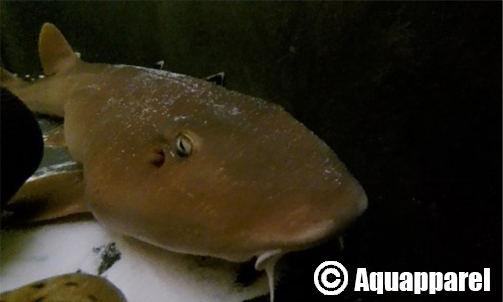
Brown Banded Bamboo Shark: ~25 years

Epaulette Shark: ~20 to 25 years
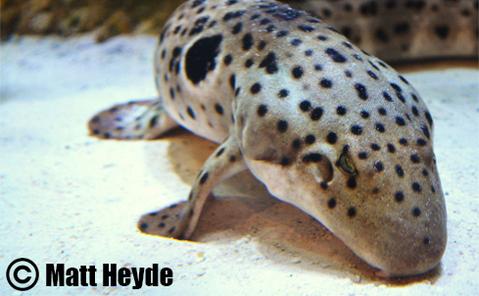
Horn Shark: ~12 years
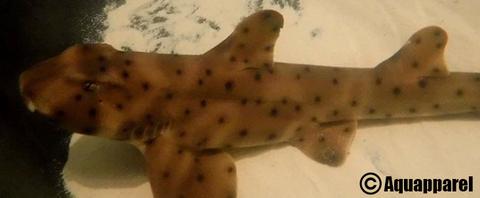
Coral Cat Shark: ~20 years
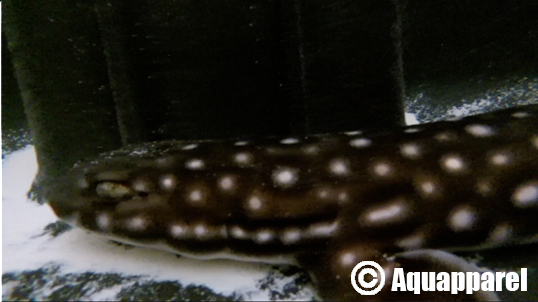
White Spotted Bamboo Shark: ~25 years
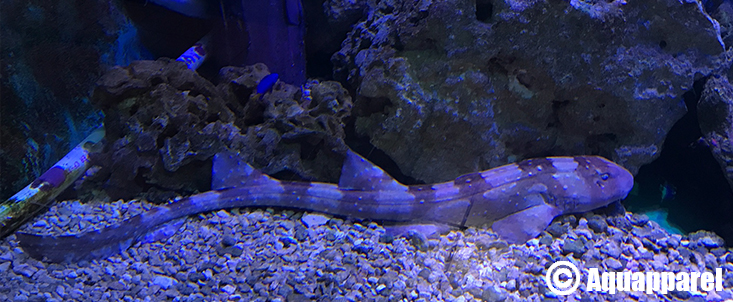
Short Tailed Nurse Shark: ~30 years
Hasselt’s Bamboo Shark: Unknown
Now that we have some baseline numbers, let’s discuss the “reported” factor. While the 25 year life expectancy is very likely for a Brown Banded Bamboo Shark, a lot of the online sources use that as a default if there is a data deficiency for other species. The Brown Banded Bamboo Shark has been kept in captivity for a very long time. So there is a lot of data that has been collected and shared on it.
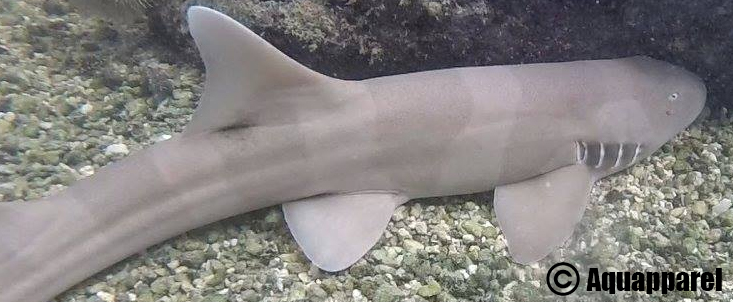
Even though this species make look similar to the others – they are not the same. So just keep that in mind. Other than the Brown Banded Bamboo Shark, not a whole lot of data – with the exception of the Epaulette Shark and Horn Shark is available on the other species.
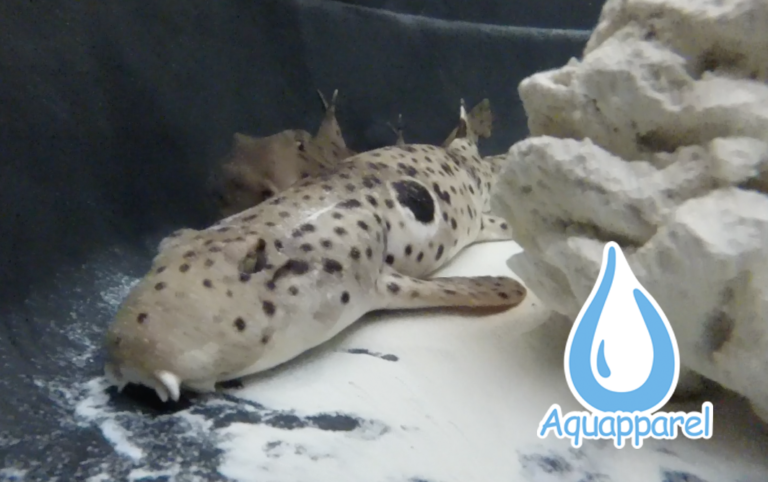
We are learning more and more for sure, but there is still a lot that we don’t know. I think that it is very important to remember that so that we can continue to collect more and more data and a flexible expectation of what to expect. I say that because in general, life expectancy in animals and in humans is based on an average. If there is a health deficiency for example, a chronic illness, poor environmental factors while the animal or human is young, exposure to harmful things at any point in their life – the life expectancy will be shorter in many cases – but not all. It really depends on the individual experience as well as their genetic make up. So some will live longer while others will have a shorter lifespan of the same species. The biggest thing to consider with any animal, especially with these sharks is:
- How and where they were collected or bred
- What type of congenital issues are common within their species
- Whether or not the parents have passed these congenital issues on to their young
- What type of environmental factors play into a long lifespan versus a shorter lifespan and which ones was a particular animal exposed to
- Etc., etc.
Since these factors are VERY difficult at the time that I am writing this to determine in these types of sharks, life expectancy is not going to be the same across the board. Here are some examples from my experience with them:
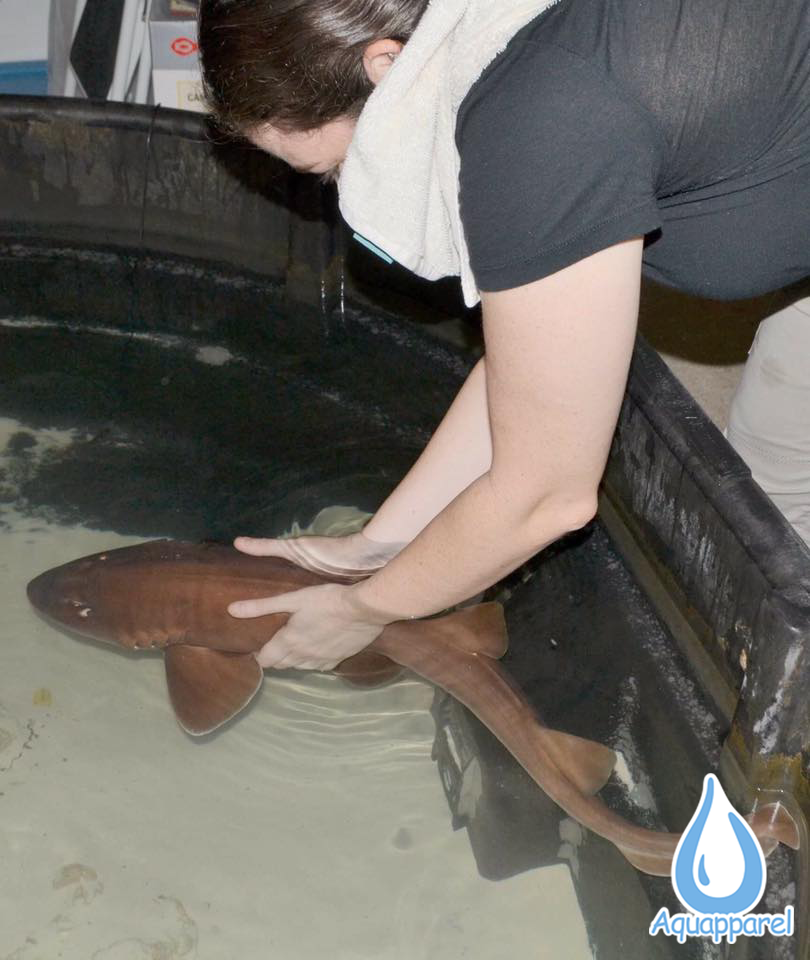
The Grey Bamboo Shark is reported to have a ~25 year life expectancy – since it is so similar looking as a juvenile to the Brown Banded Bamboo Shark. However, they are a completely different species.
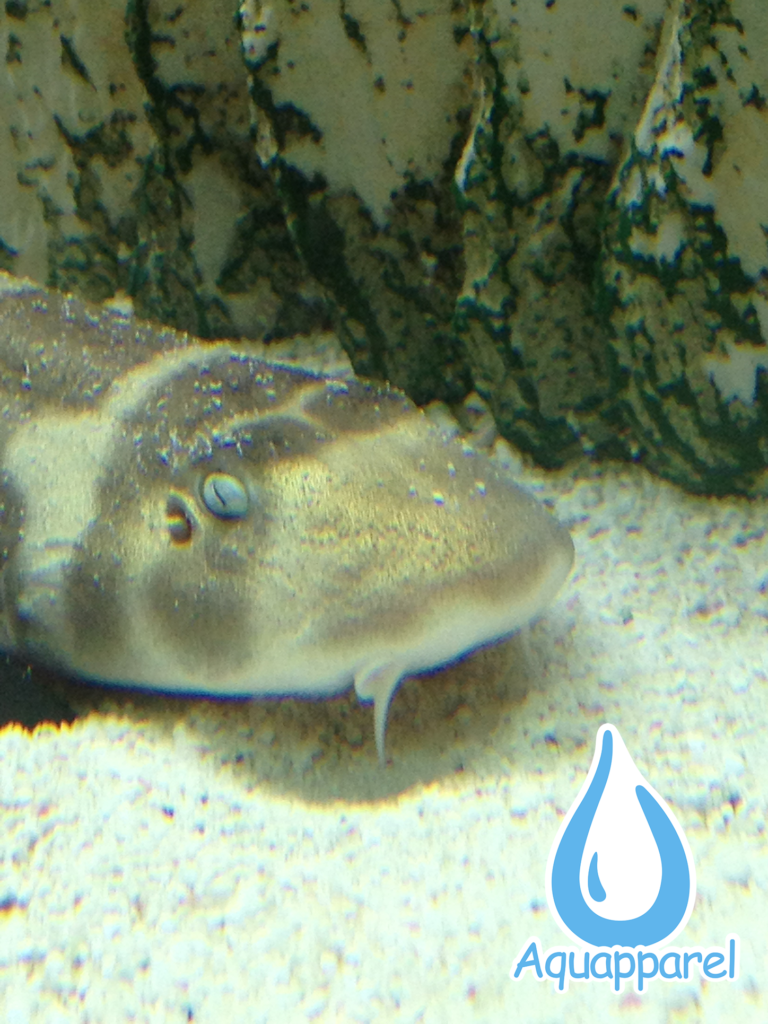
My shark Fatty was about 10 when he passed away. While someone who I know had a female who became impacted at 8 or 9 and passed away. Another keeper had their shark for about 7 years.
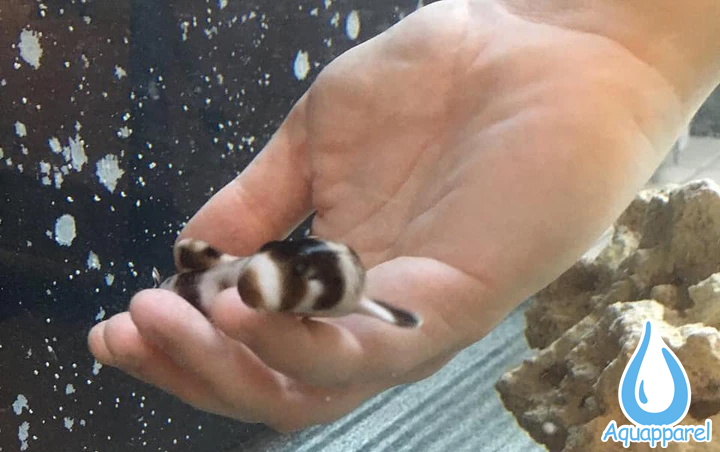
I have kept and raised 3 captive bred Epaulette Sharks over the years. 2 out of the 3 were from one breeder and the other was from a different breeder. Both are very reputable breeders and are responsible for a lot of the very hardy captive bred aquarium species that you commonly see in stores today. However, the 2 from the first breeder barely made it past 6 months while the one from the other breeder lasted 2 and a half years.
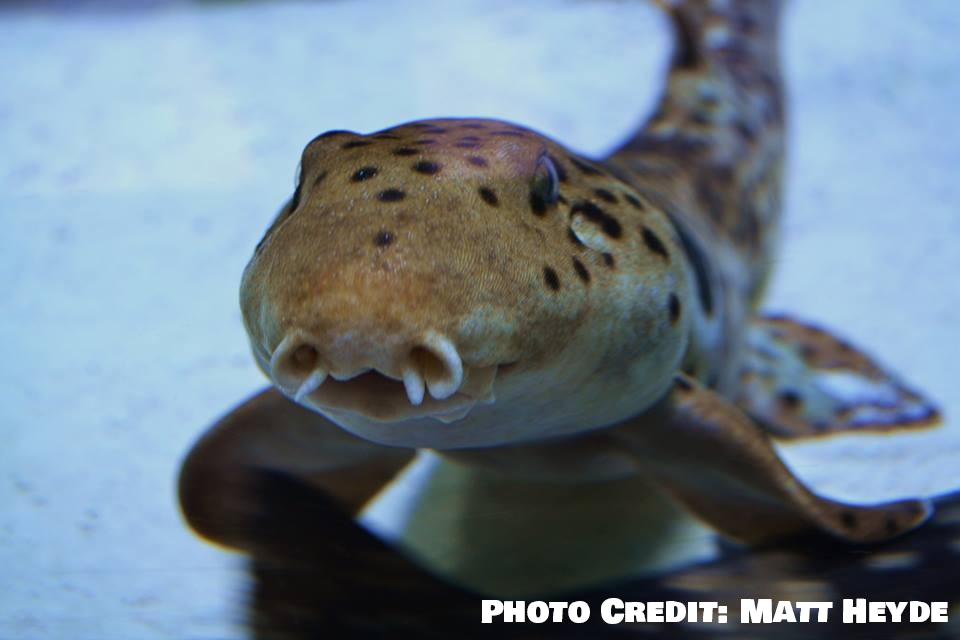
My wild caught Epaulette Shark that I rescued was about 20 years old when she passed away. Another rescue Epaulette Shark that I had passed away at 5 from complications due to being caught with cyanide as a baby. So a 20 year lifespan was only reached with the shark that was wild caught as a baby, raised by multiple people with different husbandry styles and then lived out her days with me until she reached the end of her lifespan. She probably would have lived a little longer if not for unfortunately becoming impacted with eggs and passing away from that since she was super healthy – but who knows. This is super common in female sharks who lay eggs and reach the end of their lifespan by the way. So if it happens to your shark, you did a very good job caring for it. 🙂 But the point is that the shark who you would least expect to live the longest – did.
So as you can see there are many factors when it comes to the lifespan of these small benthic sharks. So use the above numbers and experiences as a guideline. Feel free to report your own experience with any of these species in the comments section below.
But to answer the initial question, prepare to keep any of these sharks for the suggested lifespans listed above with the understanding that you are part of this learning experience. Give them the best care that you possibly can and see how it goes. Be sure to report your findings when possible and share your information with the aquarium community. This way we can all get a better understanding of how to have these species live a long, happy and healthy lives if they do find themselves in our care.
Before you make the decision to try to find one of these sharks to keep as a pet, be sure to watch the video below.
If you would like to learn even more, consider enrolling in my online course here: Aquarium Sharks For Beginners
